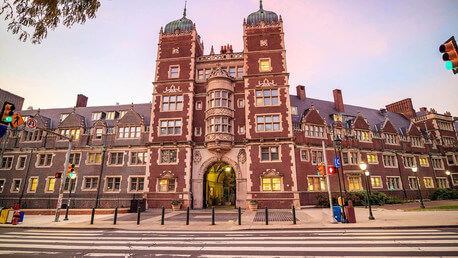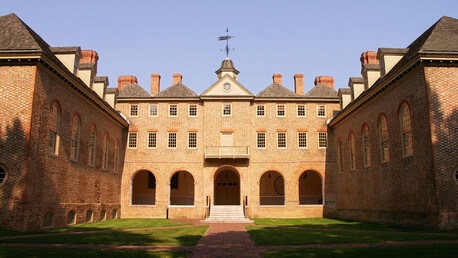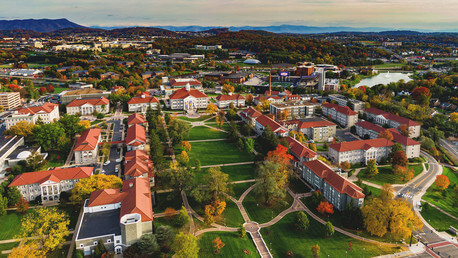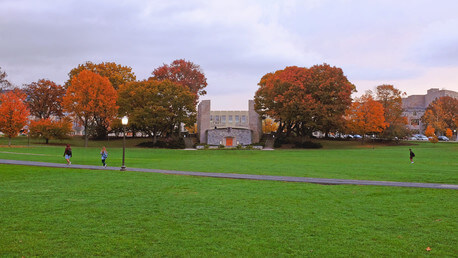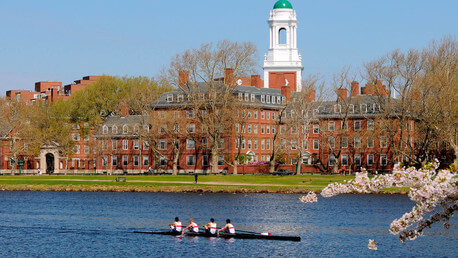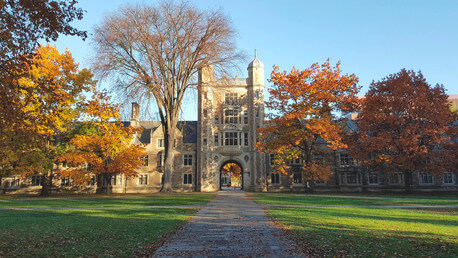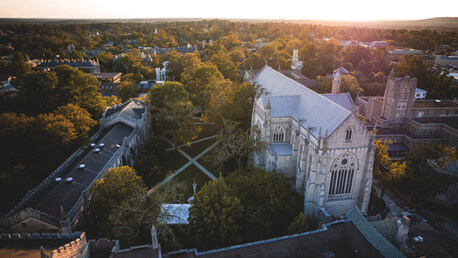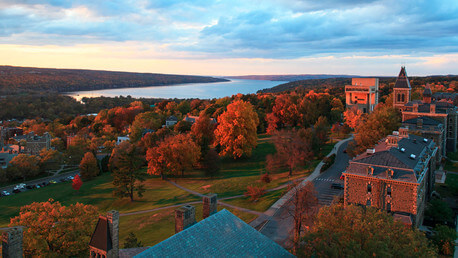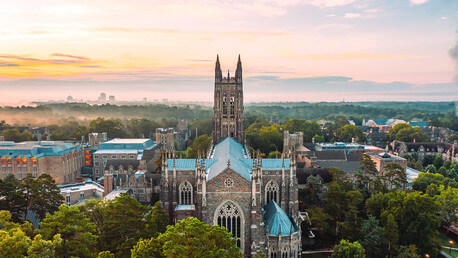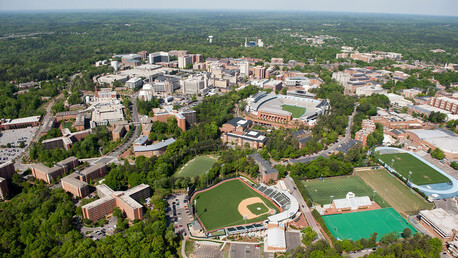Academics
Key Academic Stats
Highest Degree Offered
Doctorate
Total Number of Students
26,005
Total Number of Undergrads
17,294
Non Traditional Learning
- Online Classes
- Online Undergrad Degrees
- Summer Sessions
- Combined Institution Double Degree Programs
- Some Programs Requires Co-Op/Internship
Learning Options
- ROTC Army
- ROTC Air Force
- Study Abroad
- Honors Program
- Teacher Certification Offered
Student:Faculty Ratio
15:1
US National: 21:1Classroom Sizes
0
100
89%
Graduate in 4 Years US National: 28%
0
100
95%
Graduate in 6 Years US National: 52%
Faculty Overview
0
100
89%
Faculty With Terminal Degree US National: 36%
Gender
Ethnicity
What Students Are Saying
Academics at UVA are quite challenging, and very few prereq classes are free As. I was a top student in high school, and I had to work really hard just to pull a 3.56 my first semester. It isn't that the professors are bad (though that may have played a role in some classes, that isn't usually the rule) - the classes are just that much work. Additionally, STEM classes at UVA (prereqs and introductory classes especially) tend to be quite difficult, particularly chemistry and physics, though the other classes are not easy by any stretch either. However, most professors have a wide array of office hours, as do TAs, so there's no reason not to go if you need the help. Professors are almost always helpful during office hours whereas TAs tend to be a bit more hit-or-miss, though outside of chemistry they tend to be pretty good.
Chris from Germantown, MD
UVA is known for its rigorous academics and is always ranked highly on Forbes and other college review websites. Students at UVA truly value their education and enjoy an environment that nurtures higher level learning. UVA students are not called freshmen, sophomores, juniors, and seniors, but rather first-years, second-years, third-years, and fourth-years because our founder, Thomas Jefferson, believed that you can never be a senior in your education. Our academics focus on this principle and foster a community in which you can continue to succeed in your educational pursuits.
Lauren from Charleston, SC

